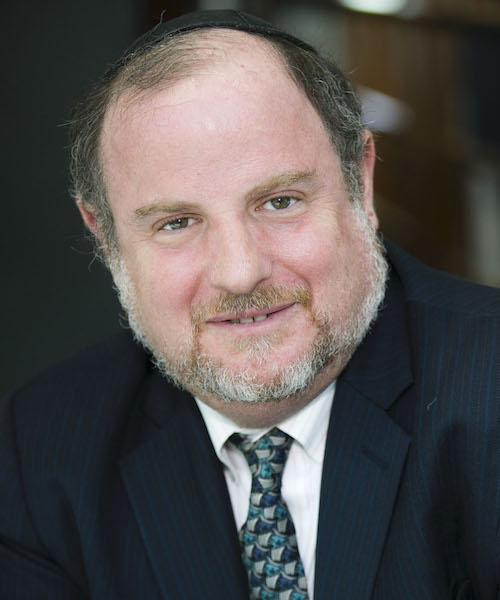The Families First Coronavirus Response Act promises to alleviate these mounting issues by allocating more government money to public welfare programs. It includes new guidance for states on expanding unemployment insurance, food stamp eligibility, paid sick leave, Medicaid, and free medical tests. But public health experts worry about the effectiveness of these measures, especially as the paid leave and food aid policies leave out large segments of the population. Others note how the act, while an important first step in addressing the crisis, must be supplemented by further legislation on insurance coverage. The current pandemic provides a unique opportunity to reflect on the future of U.S. social welfare programs, especially access to health care and protections for workers.
While political debates on social welfare do not often center on religious ethics, the moral duty to help vulnerable populations is central to many religious traditions—including Christianity, Islam, and Judaism. The Vatican continues to advocate for universal healthcare, in accordance with Catholic social teaching. Zakat, or tithing for the benefit of those in need, is a key concept in Islam and can provide an ethical grounding for the modern welfare state. And many Jewish scholars and practitioners reference the concept of tzedakah, or charity as a moral responsibility, to support social welfare. Religious ethics and faith communities, which have long provided support to vulnerable populations, can play important roles in ongoing debates on the character of social welfare in the United States.
This week the Berkeley Forum asks: What weaknesses in the American social welfare system have been exposed by the COVID-19 pandemic? How can religious ethics inform continuing debates on social welfare, especially in light of the coronavirus crisis? How can faith leaders mobilize their religious communities in action on policies that protect workers and ensure access to affordable health care? What are the broader challenges and possibilities of incorporating religious perspectives in policymaking on social welfare?
related event | The COVID-19 Crisis and Challenges to the Common Good











